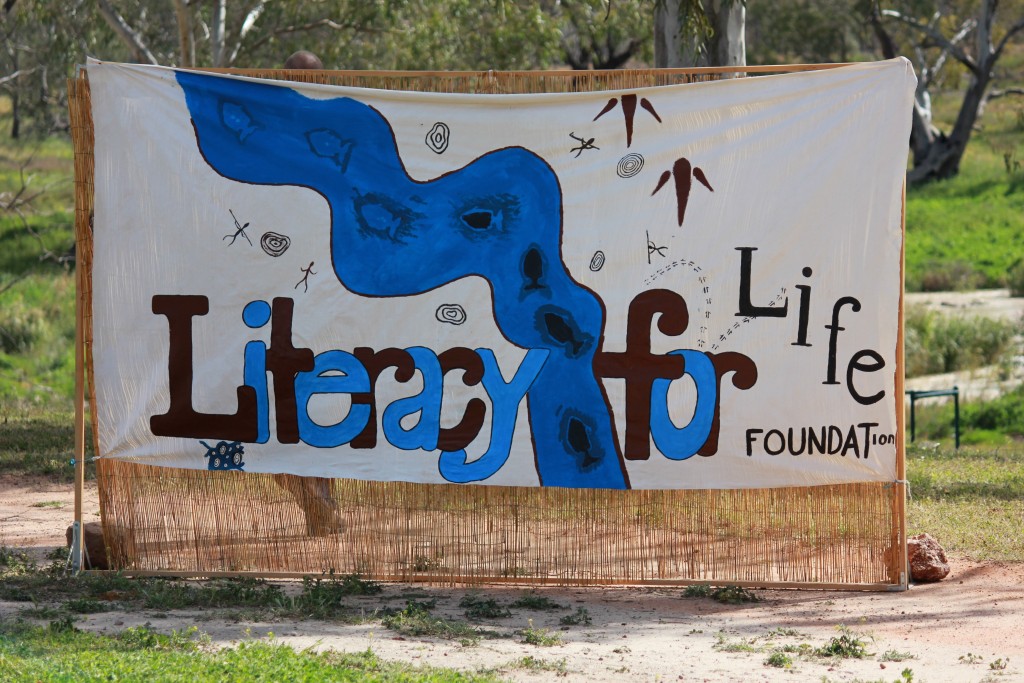880 participants took part in the survey, which was carried out in eight NSW communities where Literacy for Life Foundation has delivered literacy programs (Boggabilla, Toomelah, Brewarrina, Wilcannia, Bourke, Enngonia, Weilmoringle and Walgett).
63% of people self-identified as having low literacy, meaning they have difficulty carrying out everyday literacy tasks, such as filling out forms or reading simple sentences.
Executive Director of Literacy for Life Foundation and UNE Adjunct Professor, Jack Beetson, says more must be done to help Aboriginal adults learn to read and write.
“If you can’t read and write even simple tasks can be a big challenge. We also know literacy affects health, justice, education and employment,”
“Many of our students are parents who want to learn to read to their children. Evidence shows that a parent’s level of education is a huge factor in how their kids do at school, and we see that in our work,” says Beetson.
So far, Literacy for Life Foundation has helped 176 Aboriginal adults learn to read and write through community-based literacy campaigns led by local people.
Today the Aboriginal-run charity is marking National Reconciliation Week with the launch of a new television advertising campaign, highlighting the issue of low adult literacy in Aboriginal communities. The advertisements will be shown on television nationally with support from the SBS Foundation and are also available online.
For more information on Literacy for Life Foundation see www.lflf.org.au
Literacy for Life Foundation New National TV Campaign:


